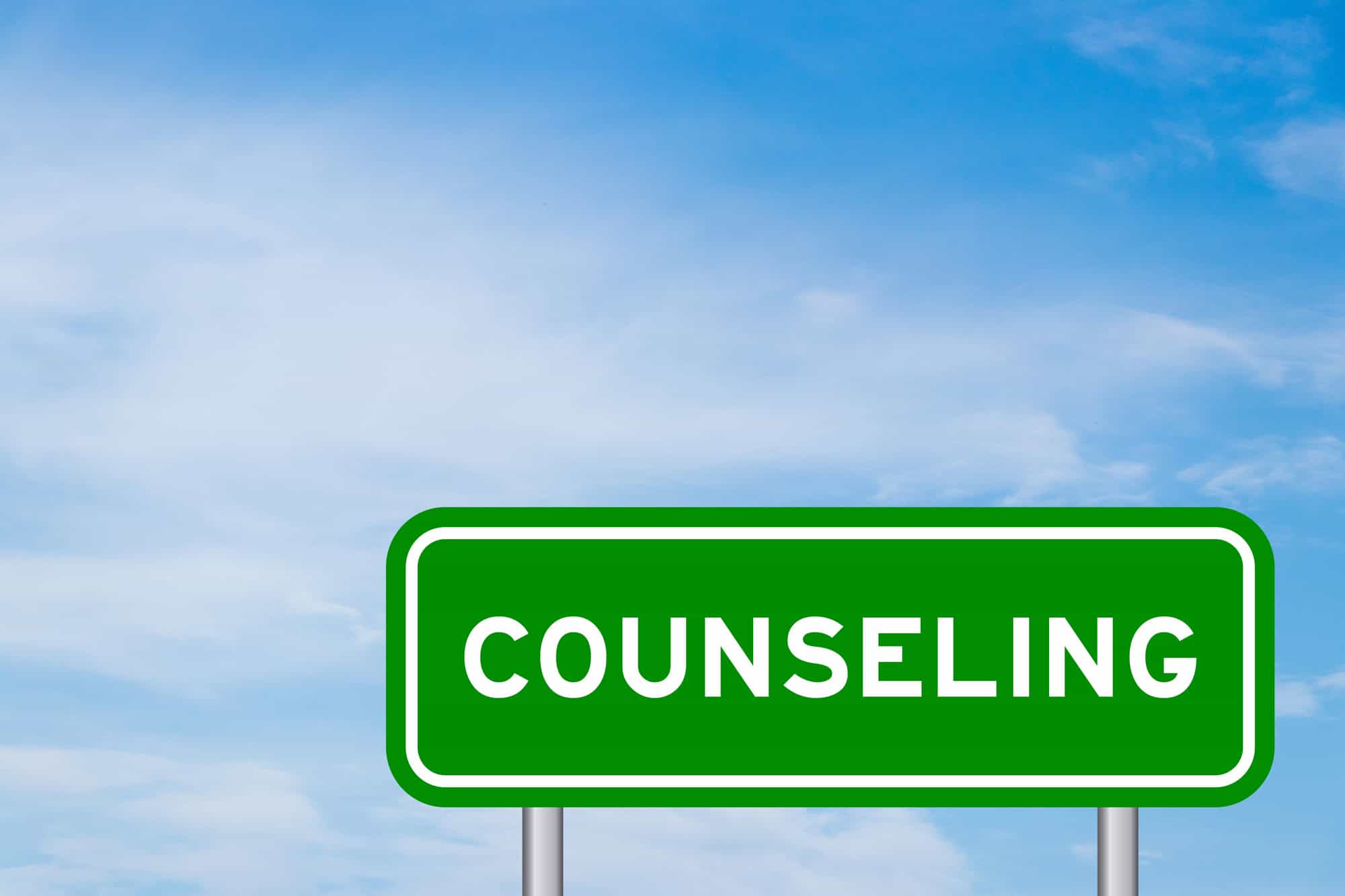You might feel stressed or anxious about starting counseling or seeking a new counselor. This is a normal and appropriate response because you don’t yet know how it works and how the counselor will be.
To help you feel less nervous or apprehensive, I’ll break the process down in hopes that if you have information, it’ll help you move forward and get started.
Have a consultation to make sure it’s a good fit.
This initial meeting is designed to understand your needs and goals and to see if we can work together effectively.
Most counselors offer a consultation. If you choose to see me, it’s complimentary and up to 60 minutes long if needed. It starts with you telling me what you want help with. I provide information on how I can help with the problem. The time we talk will give you a sense of how I approach counseling for the problem you shared and whether or not you’d like to move forward. There is no pressure to work with me. It’s entirely up to you.
You are in control.
Your comfort and readiness are essential. You won’t be pressured to discuss anything you’re unprepared for or do anything you’re not ready to do. You set the pace.
I understand I’m a stranger to you, and you have no reason to trust me or believe what I say. I’m committed to earning your trust. I’ll listen, pay attention, and strive to fully understand you. Being able to bring it all to me will take time. I’m patient and expect that it’s a process for you to get comfortable with me, especially if you’ve learned that even supposed loved ones can’t be trusted.
I will ask questions based on what you share with me. Sometimes, the questions may be hard to answer because they provoke feelings or memories you’re uncomfortable with. This isn’t to make you feel bad in any way. As I said, I aim to understand you.
I don’t pressure you and will respect your feelings if you’re not ready to discuss something. It’s perfectly fine to say, “I’m not ready to talk about that.” At some point, though, the things that are hard to talk about are the things that can be useful and productive to bring up in counseling.
I’ve been at this a while, have heard about everything, and understand how being hurt by others affects you or how “bad things” leave a lasting mark on you and how you interact with the world around you. What this means is that I have the experience to help you through the process.
Counseling (aka “therapy) is not fun.
It’s critical to be upfront about this. When you decide to face problems that have caused you emotional pain, it can feel like crap. The good news is that I’m here to help you confront these things head-on. There isn’t any judgment or reaction on my part. I’m here to support you, hold your hand, and show you kindness, compassion, and empathy. Getting things out in the open often brings relief for some people. I’ve heard, “It’s like a weight has been lifted…” and “I needed to get that out of my head.”
You’ll select a primary goal to focus on.
The process begins with you selecting the area in which you need support. Together, we will clarify your goal, but ultimately, it is your decision on what it will be. I am here to guide you with the tools and experience necessary to help you reach your objective.
When you come to counseling, you know you need help to feel better about things but not where to start. It often takes up to three sessions to clearly identify your main concerns. To help prioritize, I usually ask, “What issue has the most significant impact on you?” This question can guide us in deciding which concern to focus on first.
For some, homework is part of achieving the goal. You won’t be asked to do anything you’re incapable of or don’t have the time to do. This is about empowering you to experience growth and progress, not overwhelming you.
For best results, stay on task.
I discussed goal setting above. A primary reason for doing so is that it helps keep you and me on track. I’m not saying you can’t bring up other things. Instead, if we stay on task, there is a higher probability for you to progress and feel better.
Many people arrive wanting to address multiple issues at once, but trying to tackle too many problems simultaneously can feel overwhelming and chaotic. It might even seem like you’re not making any progress.
Be consistent.
Whatever brought you into counseling probably has been with you for a while. Being consistent with attending sessions helps your progress. You’ll benefit from counseling most by attending regularly, at least once weekly.
My experience with clients has been that it takes more than six sessions to feel like you’ve made progress with the goal. A 50-60-minute weekly session over a few weeks isn’t a lot of time when trying to work through something you’ve been carrying around for many years.
It can feel like a roller coaster ride.
There will be highs and lows in the process. Highs can be experienced as feeling a sense of relief, learning something meaningful about yourself, or a new technique to lift your mood. Lows can be experienced even with forward progress. How is this possible? Progress includes facing complex thoughts, feelings, and memories.
I’ve experienced in session, clients crying, getting angry, etc. but this is part of the process. I said it earlier, counseling isn’t fun. If you should become upset during the work we do together, I’ll help you through it. The phrase, “The only way out is through” comes to mind.
If it arises, I’ll guide you through a technique to decrease intense emotions in the session, such as breathing. I strive to ensure you don’t leave the session in a heightened emotional state.
My approach.
What you want help with determines the therapeutic approaches and tools I’ll provide you. I do not use a cookie-cutter method. You and all that you’ve experienced are unique. I draw from a toolkit of evidence-based practices like Cognitive Behavioral Therapy (CBT), somatic therapy, mindful movement, breathing, and relaxation.
The American Psychological Association defines “evidence-based” as “the integration of the best available research with clinical expertise in the context of patient characteristics, culture, and preferences.” A basic description of CBT is identifying and understanding unhealthy thoughts and behavior and working towards replacing them with realistic and healthy ones.
Somatic therapy addresses how emotions affect the body, such as tension or feeling physically revved up all the time. You’ll increase your awareness of how your body has responded to and stored trauma or intense emotions, for example, with mind-body exercises. The practices release what has been stored and reduce your reaction to the stressors.
Mindful movement, breathing, and relaxation techniques help downregulate your nervous system, which is a fancy way of saying, calm down. I can also include yoga postures and Qigong if you’re interested.
The bottom line is that I’ll use what works for you, but you’ll first have to explore the strategies with me to find the most effective. The key to success, in general, is approaching counseling with a sense of openness and curiosity.
If you’ve made it this far, I’d say you’re a step closer to getting the help you need. Let’s get on a call so you can find out more. It’s free. The worst thing that’ll happen is that you learn more about yourself or counseling.



